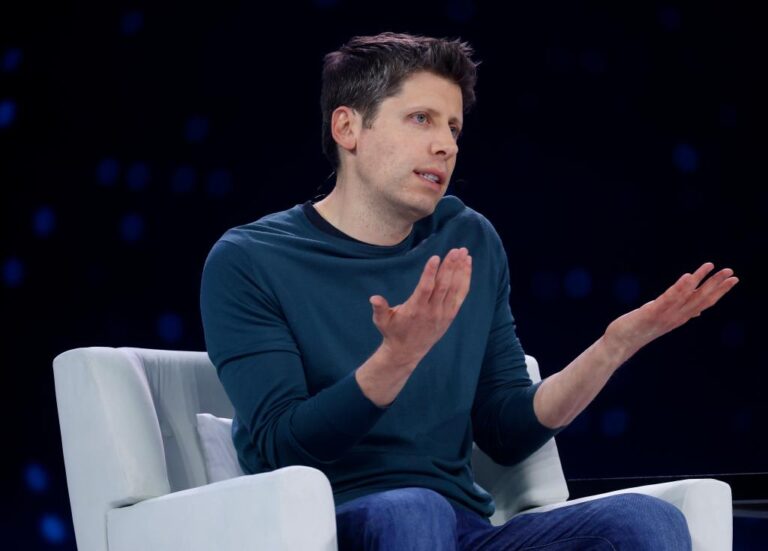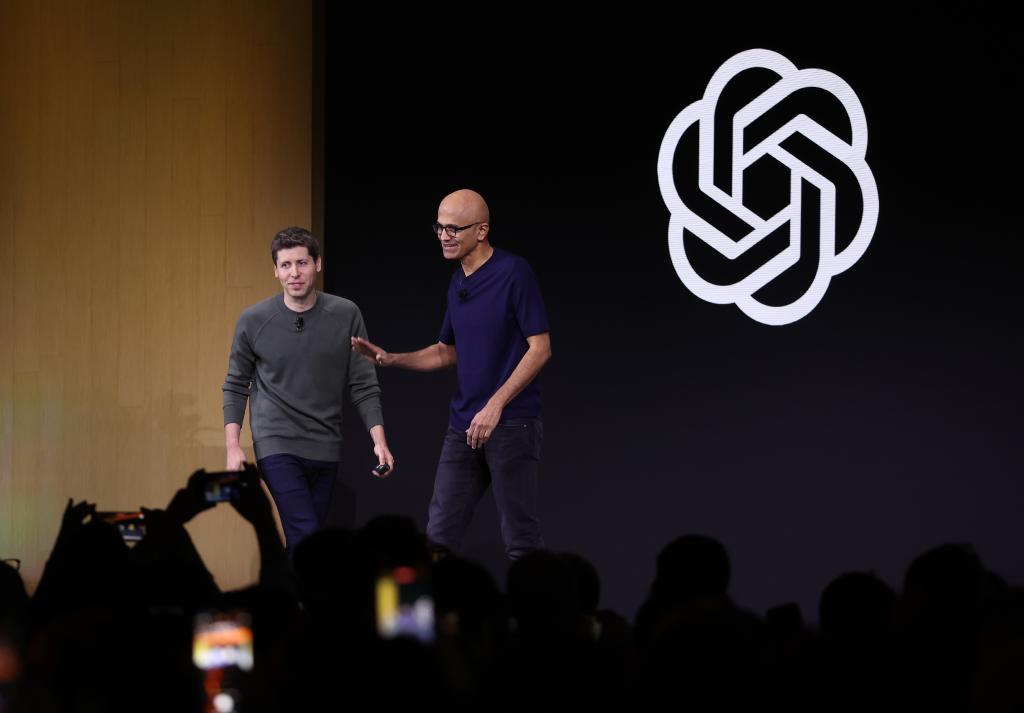Cracks in the Code: OpenAI and Microsoft’s Groundbreaking Partnership Faces Strain
Tensions rise as OpenAI questions Microsoft’s dominance, sparking antitrust concerns and casting uncertainty over one of the AI industry's most influential alliances.

Once united at the forefront of the AI revolution, OpenAI and Microsoft now navigate growing tensions over antitrust concerns, control, and strategic independence—threatening to upend one of tech’s most pivotal alliances.
The powerful partnership between OpenAI and Microsoft—once hailed as a defining alliance in the artificial intelligence revolution—is reportedly showing signs of unraveling. According to The Wall Street Journal, executives at OpenAI have discussed accusing Microsoft, its largest backer, of anticompetitive behavior, signaling a growing rift between the two AI titans.
At the heart of the issue are concerns over the terms of their contract and Microsoft’s influence over OpenAI’s operations. OpenAI may even seek a federal regulatory review of the partnership’s structure for potential antitrust violations and is considering a public campaign to challenge Microsoft’s dominance, sources told the Journal.
The implications of such a move are profound. The alliance, which began in 2019 when Microsoft invested $1 billion to support OpenAI’s development of AI tools on Azure, helped catapult both companies to the forefront of the AI industry. Microsoft’s flagship product, Copilot for Microsoft 365, has leaned heavily on OpenAI’s models, while OpenAI benefited from Azure’s vast computing infrastructure.

But cracks have been forming for months.
OpenAI requires Microsoft’s approval to finalize its transition to a public-benefit corporation—an agreement that has stalled amid prolonged negotiations over the future structure and equity stake Microsoft would retain. Despite a joint statement from both companies expressing optimism about ongoing talks, insiders say the two remain at odds over key details.
In response to escalating tensions, OpenAI has reportedly begun reducing its reliance on Microsoft, including plans to incorporate Google Cloud to meet its expanding computational demands.
Microsoft, for its part, has been diversifying its AI ecosystem as well. The tech giant is developing new internal models and integrating third-party AI into Microsoft 365 Copilot to lessen its dependency on OpenAI—part of a broader strategy to regain autonomy in an increasingly competitive sector.
Regulatory scrutiny has already altered the dynamic. Microsoft relinquished its non-voting observer seat on OpenAI’s board in 2023 after pressure from antitrust authorities in the U.S. and the U.K., acknowledging growing concerns over its sway over the AI startup.
With other players like Google, Amazon, Apple, and Anthropic aggressively advancing their own AI ecosystems, and with OpenAI rumored to explore alternative funding and partnerships, the next chapter in this high-stakes relationship could reshape the trajectory of the global AI race.
What once began as a pioneering collaboration may now evolve into a strategic rivalry—one that could redefine power dynamics in the AI era.




















